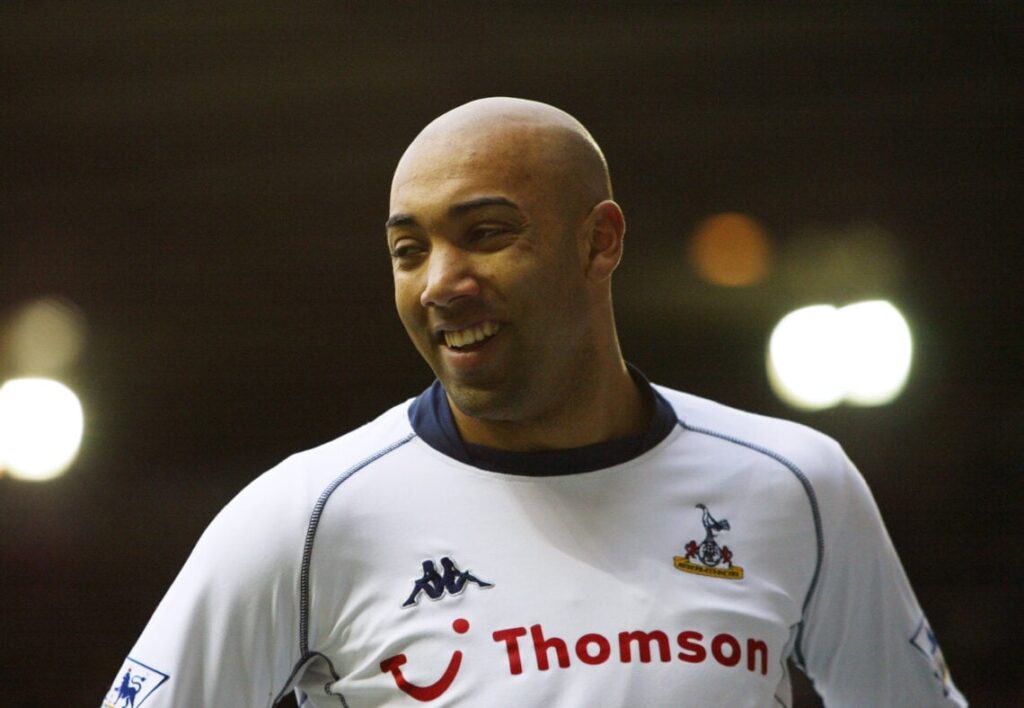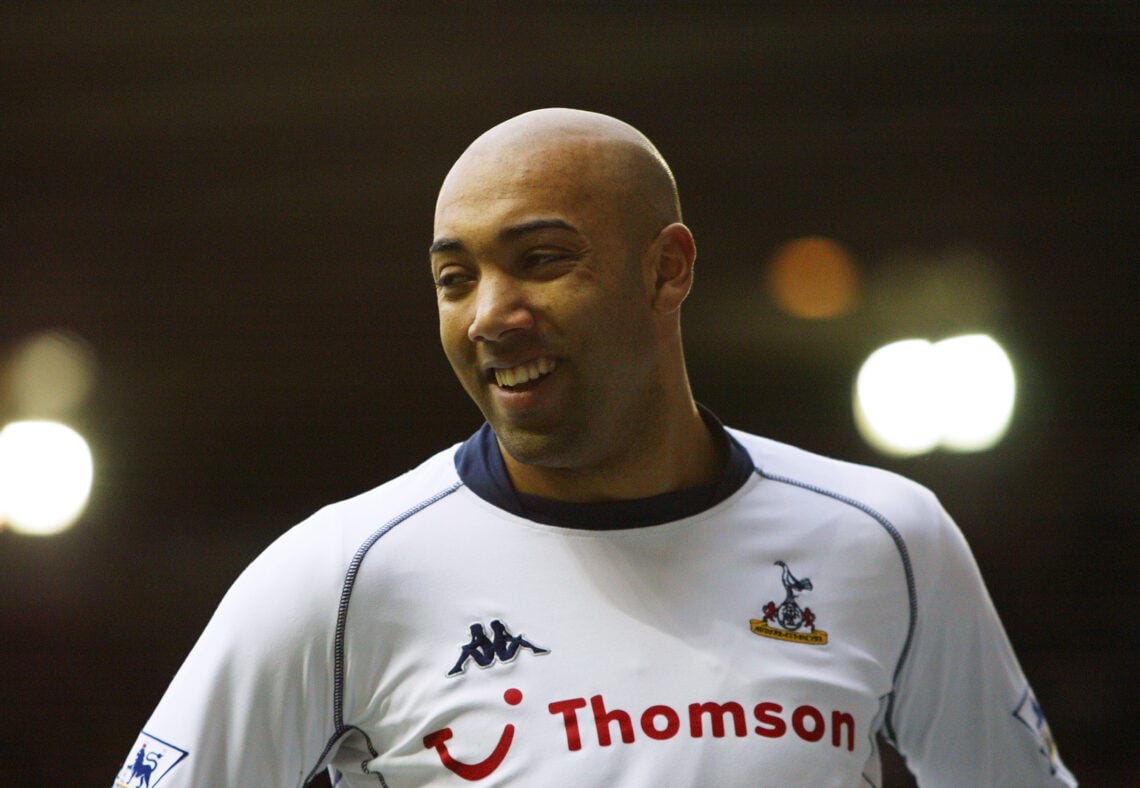Former French midfielder Stéphane Dalmat has opened up about a career filled with regret and misdirection, revealing that his move to Tottenham Hotspur in 2003 was never truly his choice.
The talented yet often misunderstood player admitted that much of his career path was shaped by the ambitions of others rather than his own wishes.
His confession sheds light on the darker side of football transfers where young players are often guided by financial motives rather than personal or professional stability.
Tottenham Hotspur, during the early 2000s, were still trying to rediscover their identity. It was a turbulent period marked by inconsistency and constant squad changes.
Between 1990 and 2005, Spurs were far from the ambitious, top-tier side they would later become. Many players came and went, struggling to make an impact or adapt to life at White Hart Lane.
Dalmat, then on loan from Inter Milan, was one of those who briefly wore the famous white shirt, showing flashes of brilliance before fading from the spotlight.

Dalmat joined Spurs in the summer of 2003 with excitement and promise. At first, it looked like a match made in heaven.
His creativity and flair quickly earned him admiration from fans, and his early performances suggested that Tottenham had landed a gem. But as the season wore on, his form dipped, and off-field issues began to cast a shadow.
By the end of the campaign, Tottenham decided against making his loan permanent. The Frenchman moved on, but years later, he revealed that his heart had never truly been in North London.
In a candid interview with Girondins 4 Ever, Dalmat explained how external pressure and poor advice shaped his career choices. “It’s the agents who want to make money from transfers,” he said bluntly.
“My agents made a lot from my moves from Châteauroux to Lens, Lens to Marseille, Marseille to Paris, and then Paris to Inter. None of them ever told me it might be better for my career to slow down or stay longer somewhere.”
Dalmat described how he was often forced into transfers without much say in the matter. “Éric Di Meco and Jean-Philippe Durand, who were sporting directors at the time, told me to leave.
They had already reached agreements with Tottenham and Newcastle. I told them I didn’t want to go abroad. I wanted to stay in France either in Marseille or at another French club. But the decision was already made for me.”
He went on to reveal his frustration about how his future was handled behind closed doors. “The deal was made for €70 at PSG, even though I wanted to stay in Marseille,” he recalled.
“I didn’t go through a youth academy, so I didn’t have the right preparation or guidance. I was always presented with a fait accompli decisions were made for me, and I had to go along.”
Dalmat’s story paints a picture of instability and lost potential. Throughout his career, he represented 11 different clubs, moving from one team to another without ever truly settling.
“When you change clubs so often, you never find stability,” he admitted. “When I left Inter, I was already struggling. Then I went to Toulouse, Tottenham, Bordeaux… there was no continuity. I didn’t have the right people around me to guide me, to tell me to take my time and not move too fast.”
Looking back, Dalmat wishes he had stayed longer at Lens to solidify his skills instead of rushing to join Marseille at just 19 years old. “But who turns down Marseille at that age?” he said. “It was a dream, but maybe it came too soon.”
His words reflect the harsh reality faced by many young footballers. Behind the glamour of professional football lies a system that often prioritizes business over player welfare.
Agents and club executives can shape careers without considering what’s best for the individual, leaving young players to deal with the consequences later.
Critics might say Dalmat should take responsibility for his decisions after all, no one forced him to sign those contracts. But as he rightly points out, many players in their late teens or early twenties lack the maturity and experience to navigate such complex situations.
Football careers move quickly, and poor advice early on can change the trajectory of a player’s entire life.
Dalmat’s honesty is a reminder that football isn’t just about talent; it’s also about guidance, stability, and trust. Not every transfer is a dream move, and not every young star gets the mentorship they need.
His story is both a cautionary tale and a reflection of how easily promising players can lose their way when surrounded by people more interested in profit than progress.
Today, when Dalmat looks back, he sees a career that could have been different with the right support. His time at Tottenham was just one chapter in a journey shaped more by others’ ambitions than his own.
Yet his experience speaks volumes not just about him, but about the system that continues to push young footballers into decisions they may later regret.
